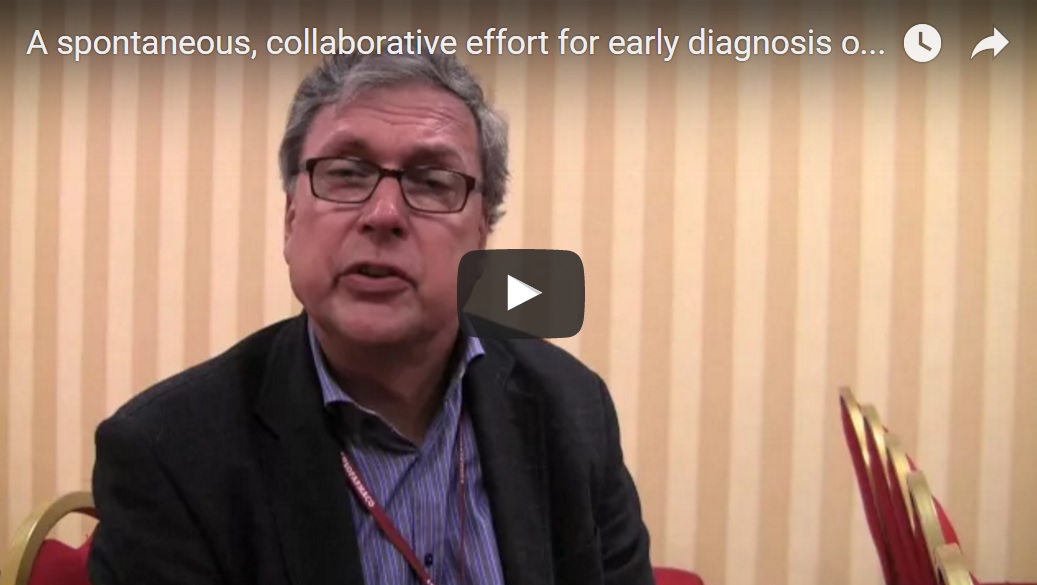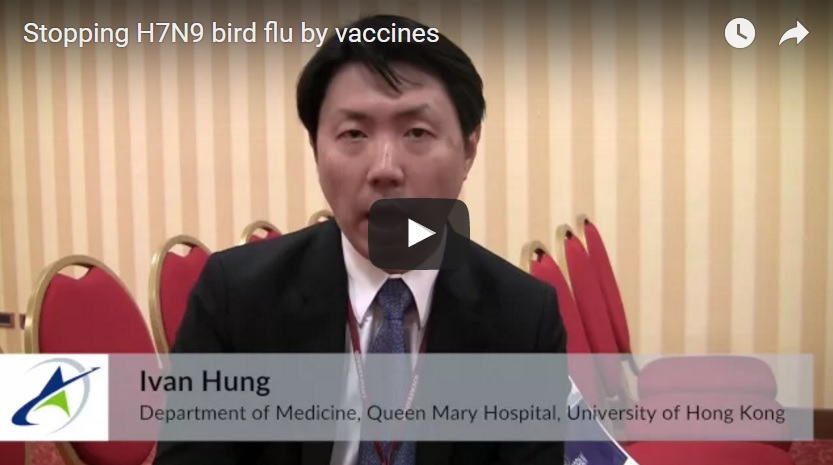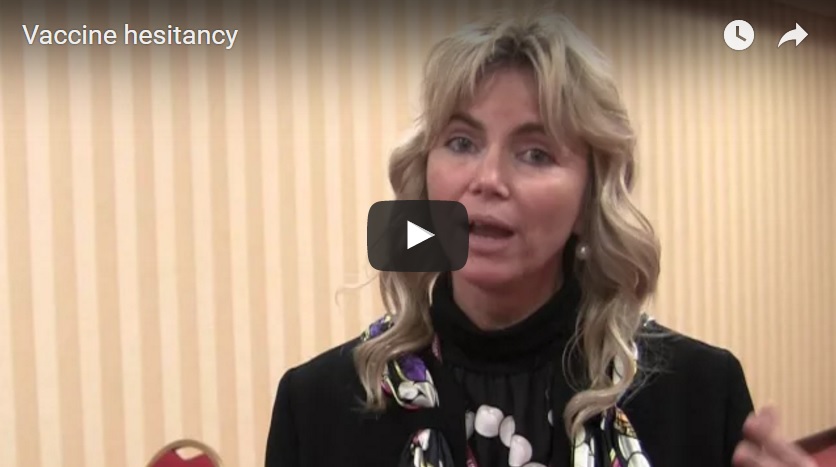Preparedness is also made of vigilance towards new infectious threats. Professor Bert Niesters from the University of Groningen, in the Netherlands, tells ASSET an example of spontaneous cooperation among 42 laboratories from more than 20 countries in Europe in facing an emerging, dangerous infection: enterovirus D68 respiratory epidemic in 2014-2015. That experience is now going on, taking the name of EUROTYPE.



